Room must be made at the table for other Indigenous voices
It has been common ground since 2007 that there is a need for some form of recognition of First Nations people in the Constitution. We’ve blown that chance for another generation.
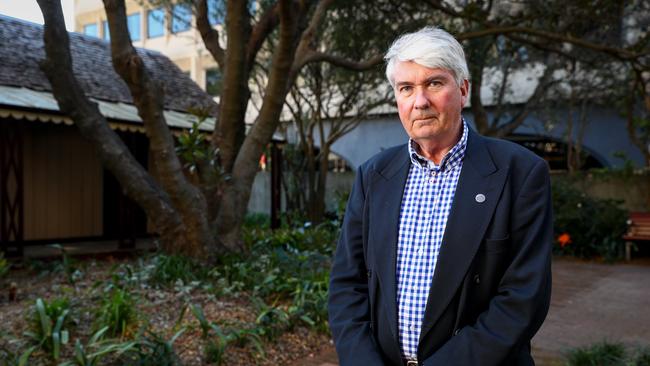
At Anthony Albanese’s news conference acknowledging the loss of the referendum last Saturday night, a journalist asked: “Why do you think Australians voted No?” The Prime Minister’s answer could not have been simpler: “The analysis will go on for some time, no doubt. But the truth is that no referendum has succeeded in this country without bipartisan support. None.”
There’s really not much need for further analysis than that. We all knew that from day one. Putting his all into his bold election commitment to implement the Uluru Statement from the Heart in full, Albanese thought it worth a shot without bipartisan support. Many of us were not convinced, with Labor having lost 24 of the 25 referendum proposals it had put up since Federation.
In February this year, seven months after Albanese’s Garma announcement and six weeks before the parliamentary committee was finally set up calling the Coalition to the table, I had suggested a way forward to some Coalition members.
Liberal Party frontbencher Dan Tehan responded: “We need a process to achieve a bipartisan outcome and nothing is being offered. It is take it or leave it at the moment. It is not clear who we are negotiating with, so who do we put our common ground to? We have stated very clearly we support Indigenous recognition in the Constitution. That should be the starting point. The government won’t even state clearly if the Calma-Langton report is their agreed approach. A detail-lite approach to constitutional change is making it very hard to start consensus building, let alone to reach agreement.”
By April, the horse had bolted. There was never a timely, transparent process for the building of bipartisanship. There was no constitutional convention. There was no parliamentary process put in place until the words were set in stone. Key Liberal Yes voter Andrew Bragg rightly described the belated parliamentary process as “a joke”. The referendum was doomed.
Bipartisanship has always been a necessary precondition, and always will be. It wouldn’t matter what the topic of any referendum. It’s immaterial who was mostly to blame this time. Some will lay most of the blame at the feet of Albanese. Others, at the feet of Peter Dutton. Most people will allocate blame according to their party political preference. Australians will not vote to change the Constitution unless the major political parties are on board.
Now is the time to move on.
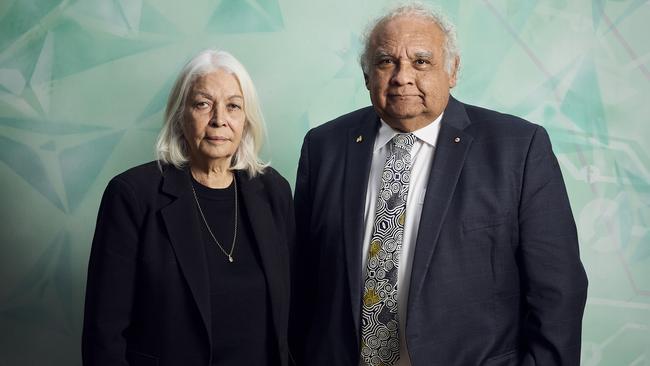
It has been common ground since 2007 that there is a need for some form of recognition of Aboriginal and Torres Strait Islander people in the Constitution. We’ve blown that chance for another generation. It’s common ground, too, that the Closing the Gap statistics are a national disgrace. More needs to be done to deliver appropriate services and opportunities to people living in remote communities.
And it’s common ground better outcomes are achieved when services and opportunities are tailored to the needs and desires of those living in remote communities. There is a need for remote voices to be heard. During the referendum debate, we heard little about the Coalition of Peaks, which “comprises nearly every national, state and territory Aboriginal and Torres Strait Islander community-controlled peak organisation”.
It’s time for the Albanese Labor government to put its own stamp on the National Agreement on Closing the Gap, which came into effect three years ago under the Morrison government.
Much of the referendum debate was focused on health needs in remote communities. But we heard little about NACCHO, the National Aboriginal Community Controlled Health Organisation.
During the referendum debate, federal Health Minister Mark Butler wrote an opinion piece for The Australian on the voice without even mentioning NACCHO or the Coalition of Peaks. He said: “A voice to the parliament and, frankly, to the health minister, whether they’re Labor or Liberal, is a chance to turn a new page in our national efforts to close the gap.”
In the absence of a constitutional voice, presumably more could be done to ensure the Coalition of Peaks and NACCHO have a place at the table whenever the Health Minister is considering Indigenous health issues aimed at closing the gap.
Hearing the government ministers during the referendum debate, one could have been forgiven for thinking that the many advisory bodies currently in place did not exist, or that they were not listened to by ministers and senior public servants in Canberra, or that they gave useless advice. Maybe these bodies can be improved. Maybe it’s time to audit the performance of the many advisory bodies and better co-ordinate their access to government and to the parliament by means of the parliamentary committee processes.
It’s time also to confront where there is not common ground in the Australian community. We have absolutely no agreement on the issue of equality under the law. Most of those voters who voted No thought a constitutional voice would divide the nation because the Constitution should treat everyone the same. We Australians are not alone wrestling with this issue of equality.
It has three aspects. To what extent should we allow positive discrimination in favour of citizens who together with their ancestors have suffered acute injustice? To what extent should we make special provision for those who rightly claim an Indigenous heritage? To what extent should we recognise perpetual, collective rights rather than individual rights which might be supplemented by temporary special measures to address disadvantage?
Though we do not have a bill of rights, we can often learn from the jurisprudence of the US Supreme Court when considering these three questions. While we were engaged in our referendum debate, the US Supreme Court delivered key decisions on equal protection for African-Americans and on the ongoing recognition of the distinctive rights of Native Americans.
In a 6-3 decision, the court struck down the admissions scheme for Harvard University that allowed consideration to be given to an applicant’s African-American heritage. It’s useful to consider the passionate disagreement between the two African-American judges on the court.
Justice Ketanji Brown Jackson, the newest member of the court and a member of the minority, said: “Gulf-sized race-based gaps exist with respect to the health, wealth, and wellbeing of American citizens. They were created in the distant past but have indisputably been passed down to the present day through the generations. Every moment these gaps persist is a moment in which this great country falls short of actualising one of its foundational principles – the ‘self-evident’ truth that all of us are created equal. Our country has never been colourblind.”
Justice Clarence Thomas, the court’s longest serving judge and a member of the majority, retorted: “Justice Jackson’s race-infused world view falls flat at each step. Individuals are the sum of their unique experiences, challenges and accomplishments. What matters is not the barriers they face but how they choose to confront them. And their race is not to blame for everything – good or bad – that happens in their lives. A contrary, myopic world view based on individuals’ skin colour to the total exclusion of their personal choices is nothing short of racial determinism.”
This is also an unresolved debate for us in Australia. The conflict over this issue was one aspect of the toxic referendum debate. Invoking an earlier decision of the Supreme Court, Chief Justice John Roberts, another member of the majority, wrote: “Our acceptance of race-based state action has been rare for a reason. ‘Distinctions between citizens solely because of their ancestry are by their very nature odious to a free people whose institutions are founded upon the doctrine of equality.’ That principle cannot be overridden except in the most extraordinary case.”
But even Roberts would admit one extraordinary case; that is the case of Native Americans. In the same month as the Harvard decision, the court delivered judgment in two cases relating to Native Americans.
In one of those cases the court by 7 to 2 upheld the Indian Child Welfare Act, which gave preference to the choice of the tribe when deciding where to place a child for adoption even though the state authorities had decided an alternative arrangement would be in the best interests of the child.
Justice Amy Coney Barrett, one of the most conservative justices on the court who has adopted two children from Haiti, wrote for six of the judges upholding the tribe’s collective right to determine such matters in the interests of the tribe.
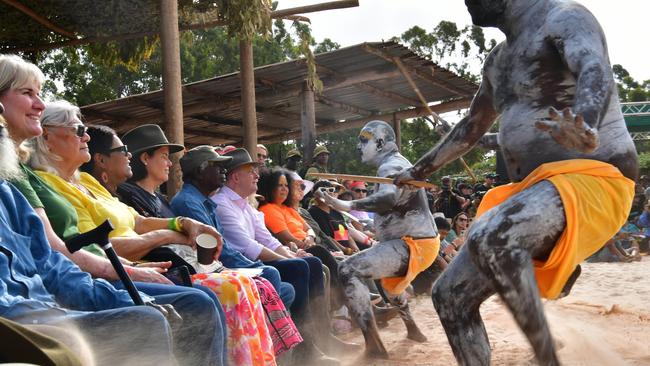
Reviewing the court’s consistent jurisprudence on Indian rights, Barrett wrote: “The ‘trust relationship between the United States and the Indian people’ informs the exercise of legislative power. As we have explained, the federal government has ‘charged itself with moral obligations of the highest responsibility and trust’ toward Indian tribes. (‘This court has recognised the distinctive obligation of trust incumbent upon the government in its dealings with these dependent and sometimes exploited people’).”
Most Australians would accept in the wake of the Mabo decision that it is right and proper that special laws provide for the communal native title rights of the First Australians.
The referendum result demonstrates that most Australians are yet to accept that there is a case for constitutionalising any collective Aboriginal entitlement, even the modest entitlement to have a voice making representations on matters relating to them.
We of the present generation have blown the one chance we had to recognise Aboriginal and Torres Strait Islander people in the Constitution, and on terms acceptable to them.
We have it within our power now to enhance the delivery of services and opportunities to First Australians by having our parliament and government listen to them more attentively and resource them more efficiently.
It will be for the next generation to improve our understanding of equality under the law – putting right past injustices, recognising distinctive Indigenous rights and determining whether permanent collective rights have any place in our Constitution. It was unreal to expect that these matters could be resolved during a partisan referendum debate in which the Prime Minister or the Opposition Leader was to be blamed and branded a loser.
A week after the election of the Albanese government last year, I said the only formula for constitutional change to win approval from the Australian people would be one approved by Noel Pearson and John Howard. We await the new generation of leaders to take the baton and lead the nation on the unfinished business of constitutional recognition of the First Australians.
Meanwhile, much needs to be done and can be done to address present concerns while the Constitution remains unamended for another generation.
Father Frank Brennan is the author of An Indigenous Voice to Parliament: Considering a Constitutional Bridge, 3rd edition, Garratt Publishing.

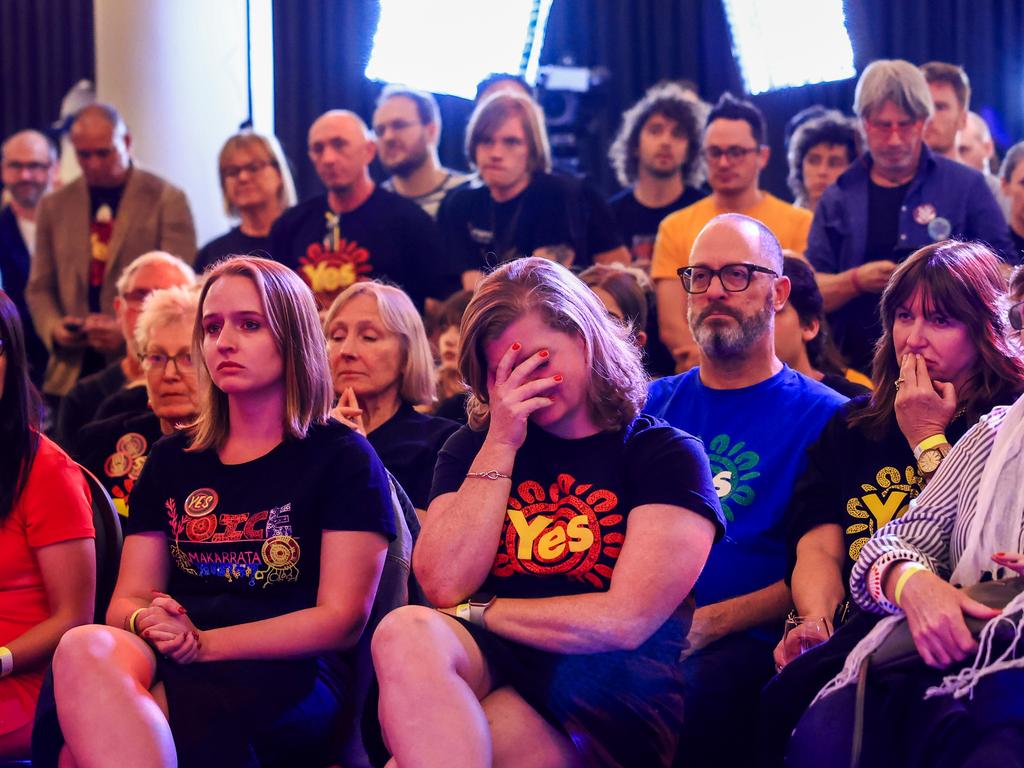
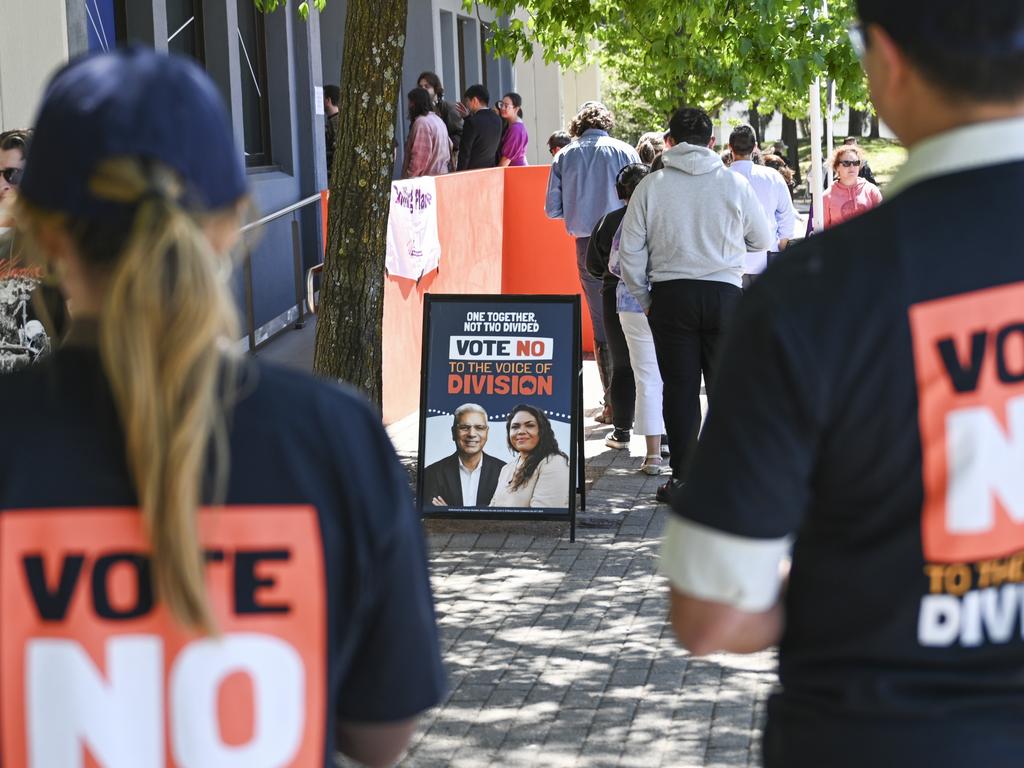
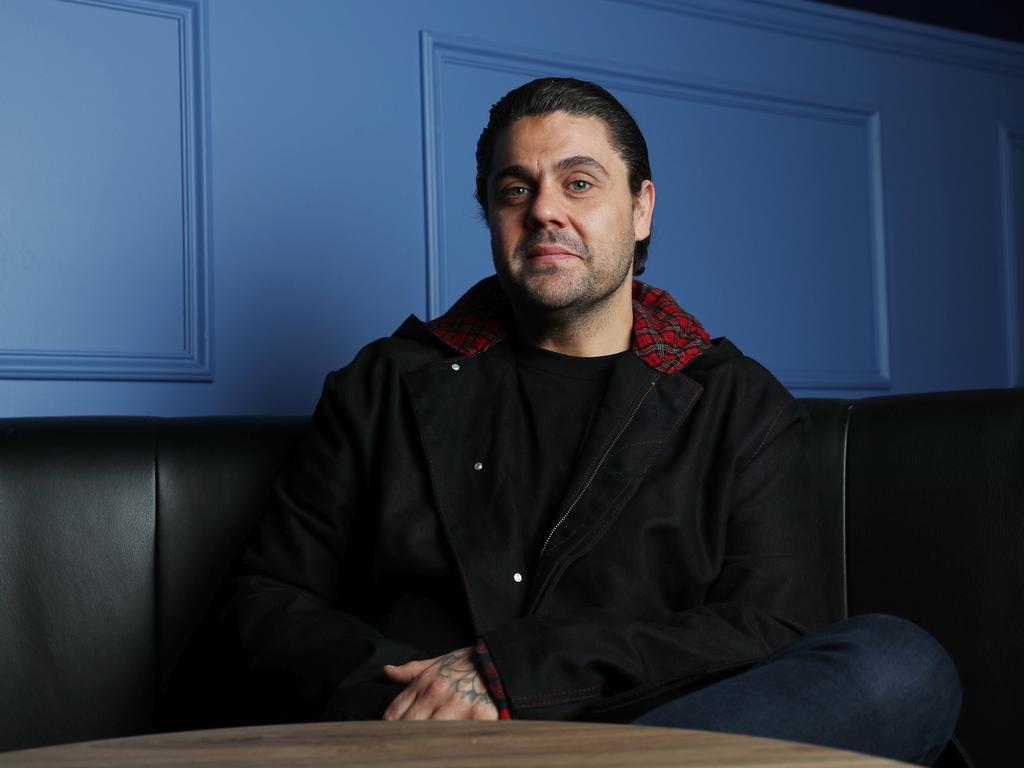
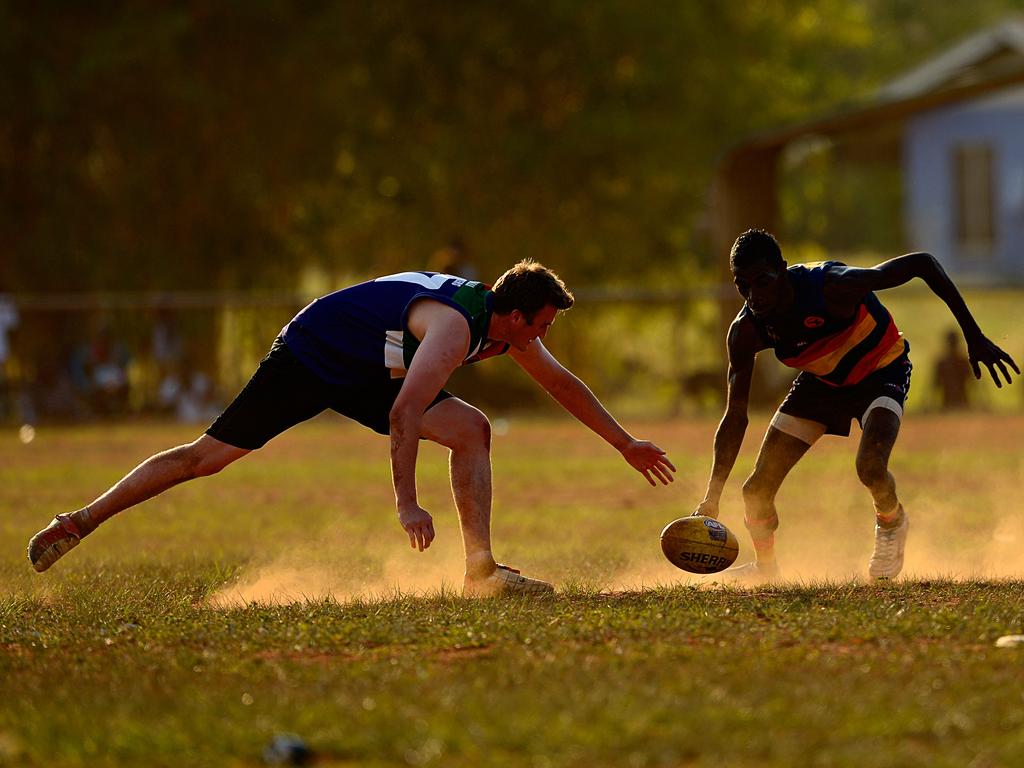


To join the conversation, please log in. Don't have an account? Register
Join the conversation, you are commenting as Logout